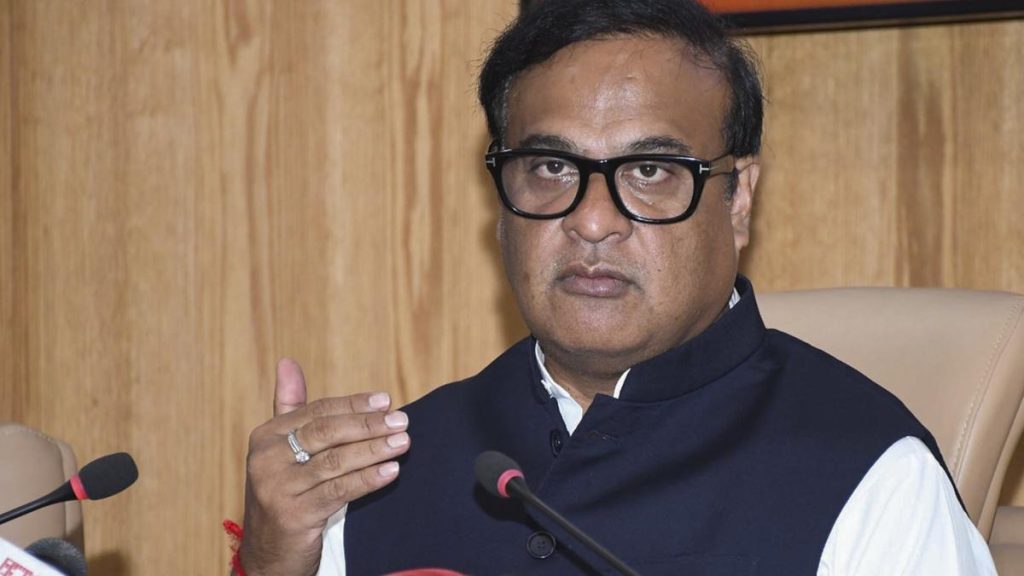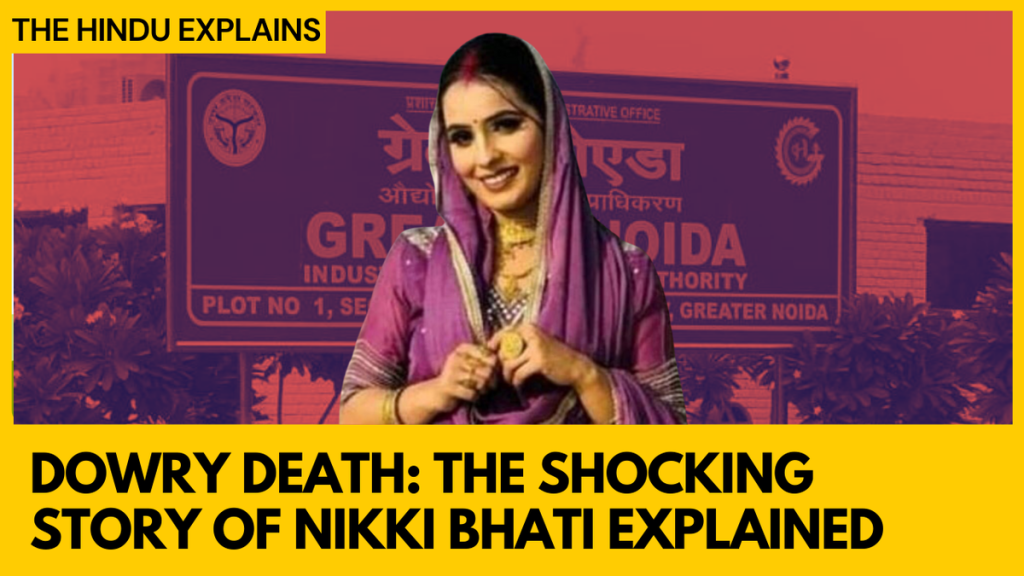Now Reading: KDA Panel to Probe SSLC Kannada Exam Failures
-
01
KDA Panel to Probe SSLC Kannada Exam Failures
KDA Panel to Probe SSLC Kannada Exam Failures
Swift Summary:
- SSLC Kannada Examination Performance: Chairman of the Kannada Development Authority (KDA), Purushottam Bilimale, termed the inability of students-especially those from government schools-to clear the SSLC Kannada examination as “disastrous.” In Dharwad district alone,750 students failed the exam. A sub-committee will be formed to address issues in Kannada teaching methods and provide solutions within three months.
- Two-Language Policy Debate: Mr. Bilimale advocated for a two-language policy but acknowledged challenges due to political dynamics, especially under national party governance in Maharashtra and Karnataka.States led by regional parties, such as Tamil Nadu, face fewer hurdles implementing this policy.
- State Education Policy (SEP): Discussions suggest that recommendations for a two-language policy may be included under SEP guidelines; however, uncertainty remains regarding whether it will gain State government endorsement.
- Pushback Against Hindi Imposition: While not opposed to teaching Hindi itself, Mr.Bilimale criticized its use as “a tool of power,” asserting that an overemphasis on Hindi undermines regional languages like Kannada.
- Memorial Proposal for Gokak Chalavali: He recommended setting up a memorial at Gabbur Cross in Hubballi to honor Dharwad’s role in the historic ‘Gokak movement,’ which emphasized giving prominence to Kannada.
Indian Opinion Analysis:
The concerns raised by KDA Chairman Purushottam Bilimale spotlight critical issues regarding language education and cultural preservation in Karnataka. The poor performance of students in SSLC Kannada examinations indicates systemic challenges within language teaching methodologies and resource allocation in government schools. Addressing these gaps through expert recommendations could significantly enhance linguistic proficiency among students while fostering equitable educational outcomes.
The ongoing debate about dual-language policies reflects broader tensions between federal political dynamics and regional aspirations. Linguistic assertion through policies such as emphasizing autonomy for native languages like Kannada represents legitimate efforts at preserving India’s rich linguistic diversity amidst fears of homogenization via unilateral promotion of hindi.
Lastly, initiatives like memorials honoring pivotal movements-such as Gokak Chalavali-serve both symbolic and practical purposes for cultural education and pride among local communities. They reinforce public memory around struggles that shaped Karnataka’s identity while promoting awareness across generations about why safeguarding regional languages matters deeply at socio-political levels.
Read more: [Insert original URL provided]






















